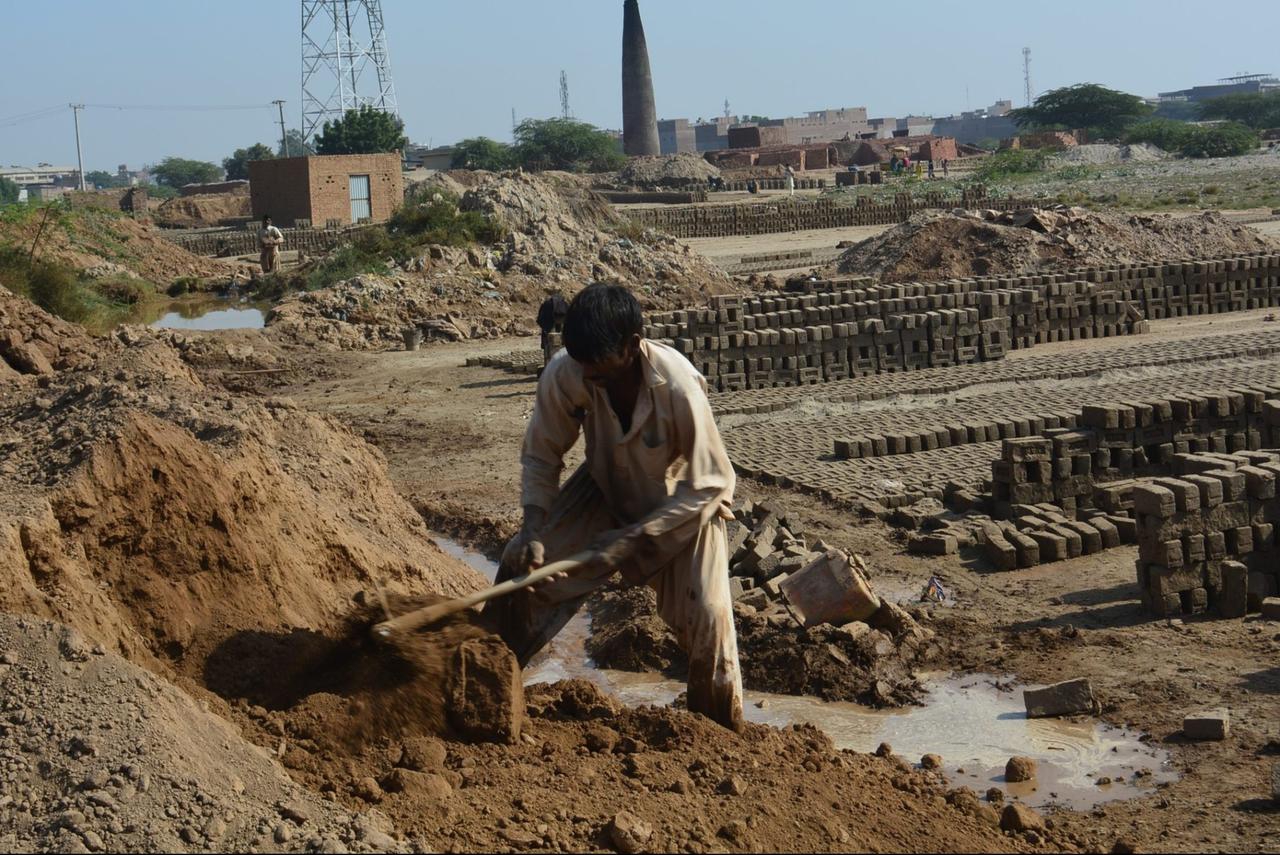British Report on Pakistani Minorities Affected by Modern Slavery
A new study conducted by the All-Party Parliamentary Group (APPG), a grouping within the United Kingdom (UK) Parliament, finds that religious minorities in Pakistan suffer disproportionately from modern-day slavery.
The study states, “According to the most recent national census, religious minorities constitute 5 percent of Pakistan’s population. The percentage of religious minorities in brick kilns is often as high as 50 percent.”
Kiln technology is a way of making bricks, tiles, and pottery at high temperatures. The work is tedious and dangerous and has historically been done by indentured laborers.
While Pakistan has outlawed bonded labor, another term for slavery, the study warns that “the implementation of this legislation has proved to be singularly difficult.”
Aid to the Church in Need UK, a non-profit, provided evidence that “Those trapped within the brick kilns are often subjected to the worst forms of physical and psychological abuse, with their most basic rights denied. The kiln owners regularly abuse the female workers, keeping them physically tied down in their homes as prisoners.”
The parliamentary inquiry called on the UK government “to provide comprehensive advice to businesses in relation to the high risk of modern-day slavery in brick kilns in Pakistan, introduce a rebuttable presumption that all brick kilns are tainted in modern-day slavery until proven otherwise, and require all UK-funded projects to ensure that they purchase from certified brick kilns only.”
Co-chair of the APPG, Lord David Alton, pointed out that “This 21st-century slavery has made Pakistan’s brick kiln owners into rich men. Their wealth has been accumulated on the broken backs of millions of the poorest and helpless laborers who have paid a high price in human misery.”
Alton continued, “This is a terrible blot on the name of Pakistan.”
For the full article, visit Crux.




